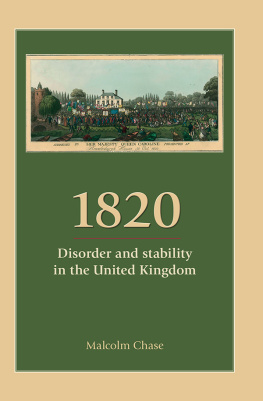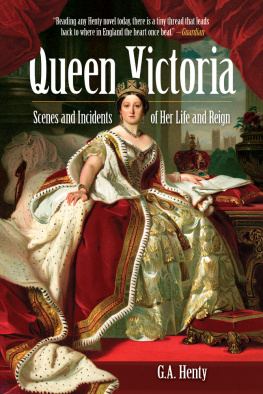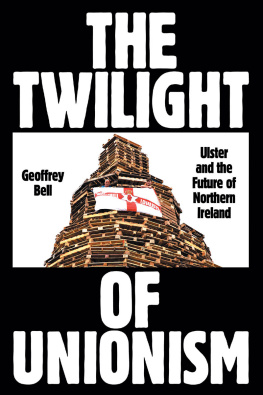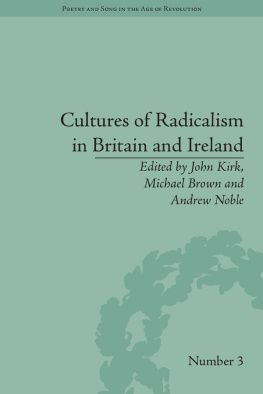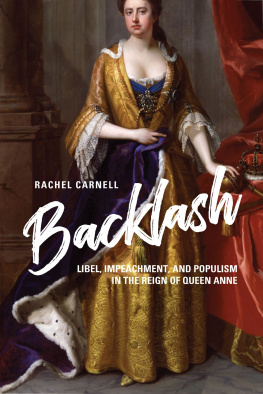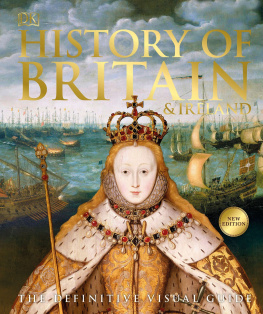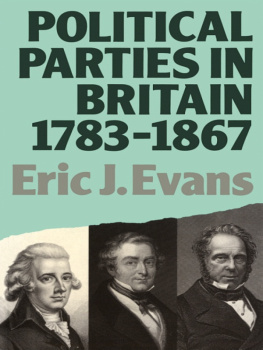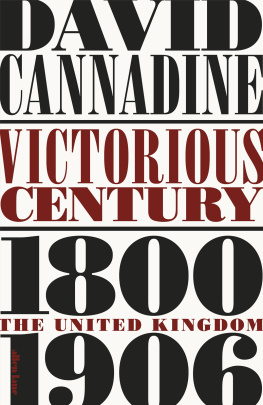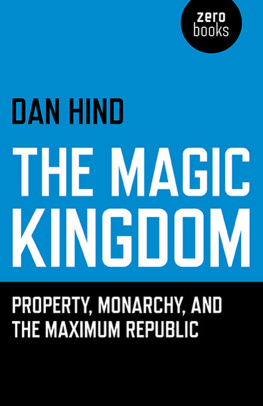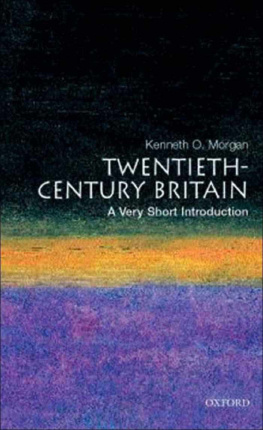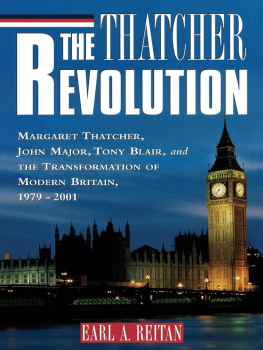1820

1820
Disorder and stability in the United Kingdom
Malcolm Chase
Manchester University Press
Manchester and New York
distributed in the United States exclusively by Palgrave Macmillan
Copyright Malcolm Chase 2013
The right of Malcolm Chase to be identified as the author of this work has been asserted by him in accordance with the Copyright, Designs and Patents Act 1988.
Published by Manchester University Press
Oxford Road, Manchester M13 9NR, UK
and Room 400, 175 Fifth Avenue, New York, NY 10010, USA
www.manchesteruniversitypress.co.uk
Distributed exclusively in the USA by
Palgrave Macmillan, 175 Fifth Avenue, New York,
NY 10010, USA
Distributed exclusively in Canada by
UBC Press, University of British Columbia, 2029 West Mall,
Vancouver, BC, Canada V6T 1Z2
British Library Cataloguing-in-Publication Data
A catalogue record for this book is available from the British Library
Library of Congress Cataloging-in-Publication Data applied for
ISBN 978 0 7190 8741 7 hardback
First published 2013
The publisher has no responsibility for the persistence or accuracy of URLs for any external or third-party internet websites referred to in this book, and does not guarantee that any content on such websites is, or will remain, accurate or appropriate.
Typeset
by Helen Skelton, Brighton, UK
Contents
The award in 2011 of a Fellowship by the Arts and Humanities Research Council was integral to the completion of this project, as was study leave granted by the School of History at the University of Leeds. I am grateful to both institutions and can only hope the pages that follow vindicate their confidence. If they do then much of the credit will be due to my colleagues at Leeds for their personal support, especially Richard Whiting, as well as to numerous other individuals who have provided advice and/or a good humoured audience when I have been thinking aloud. They include Fabrice Bensimon, Brian Barber, Mike Brennan, Sherwin Chase, Fred Donnelly, Piers Forster, Kevin Linch, Robert Poole and Ed Spiers.
I have accumulated debts at numerous libraries and archives, especially the Brotherton Library of the University of Leeds, one of the UKs finest libraries for historical research. Further afield, acknowledgements are due to the staff of Burnley Central Library (especially Alison Hey), Dublin City Library (Local Studies and Archives), Exeter Central Library (Devon Studies Centre), Newcastle Central Librarys Local Studies Section, York Central Library, the Borthwick Institute of Historical Research and Morrell Library (University of York) and York Minster Library. My thanks are also due to staff of the British Library (St Pancras and Colindale), the National Archives at Kew, Devon Record Office, Sheffield Archives, West Yorkshire Archives Service and the National Library of Ireland (Dublin). Also in Dublin I particularly wish to record my thanks to the staff of the National Archives of Ireland, especially Elizabeth McEvoy.
I have had the good fortune to present papers based on this research to seminars at Huddersfield, Leeds, London and Sheffield universities. In addition the York Bibliographical Society, the 2011 and 2012 conferences of the Social History Society and the 2011 Politics and Performance conference at Lancaster, all provided further bracing scrutiny and stimulating discussion.
Shirley Chases enthusiasm for, and critical interest in, this project has never flagged, even when mine did. She has read everything at least once and discussed all of it many times over. To her are due thanks and appreciation beyond the telling of mere words.
Osbaldwick, June 2012
| Add. Mss | Additional Manuscripts |
| BL | British Library |
| BCL | Burnley Central Library, Community History Department |
| CSO | Chief Secretarys Office (NAI) |
| DRO | Devon Record Office |
| HC Deb | Hansard House of Commons Debates |
| HL Deb | Hansard House of Lords Debates |
| HO | Home Office (TNA) |
| HP | D. R. Fisher (ed.), The History of Parliament: The House of Commons, 1820-1832 (Cambridge: Cambridge University Press, 2009) |
| LC | Lord Chamberlain (TNA) |
| NCL | Newcastle Central Library, Local Studies |
| NAI | National Archives of Ireland |
| PP | Parliamentary Papers |
| SC | Select Committee |
| SOC | State of the Country Papers Series 1 (17961831) (NAI) |
| TNA | The National Archives, Kew |
| TS | Treasury Solicitor (TNA) |
| WYAS | West Yorkshire Archives Service |
Throughout the text and notes, unless otherwise indicated, all dates refer to 1820.
In 1839 Mary Shelley took an unpublished sonnet, England in 1820, by her deceased husband and finally published it as England in 1819.
One of the contentions of this book is that Peterloos revolutionary potential has been as much manufactured as it was innate. Both the nature of its potential and, no-less crucially, the means through and by which it was contained, have been misapprehended. Thus the present study focuses on England in 1820, or rather and emphatically the United Kingdom in this year, for our understanding of the period has been hobbled by the habitual Anglo-centricity of so much British history. Even the four kingdoms cannot be conceived in isolation for 1820 was a year of European revolution. It was without parallel until 1848 and the actions of the British Government (led by a Prime Minister who had witnessed the storming of the Bastille in 1789), need to be evaluated in that context.
The year 1820 was also a year of political dislocation unparalleled in peace time, but the gravity of the situation has been obscured for four main reasons. First, the dominant historical narrative of the United Kingdom in the early nineteenth century has remained so English-centred that Ireland only begins to intrude upon it in the mid-1840s, and Scotland scarcely at all; but the nature of the challenge confronting the UK Government in 1820 cannot be comprehended from such a perspective. (Wales is similarly marginalised, however it barely troubled the Government in 1820.) Second, as already hinted, Peterloo has over-determined the interpretation of the period. The third reason why events that year are misinterpreted or ignored is that the Government itself actively sought to efface the challenges confronting it. To do otherwise would have jeopardised its very survival in a year that combined a general election, a constitutional crisis, a seemingly irreparable rift with the monarch, and a surge of radicalism both within and beyond Parliament.
The fourth reason why the true significance of events in 1820 has been obscured derives from the late-twentieth centurys preoccupation with the Queen Caroline affair. From the early 1980s, increasingly gender-aware scholarship made the second half of 1820 one of the most intensively investigated six months in modern British history. What Thompson dismissed in 1963 as humbug into which we need not enquire, Thomas Laqueur in a path-breaking article of 1982 explained was a domestic melodrama, a play about marriage, about women, home and family. For Leonore Davidoff and Catherine Hall, writing in 1987, it was a cradle for the public affirmation of middle-class values, and for Tamara Hunt it constituted more explicitly the first wide-spread popular expression of the moral standards that have come to be labelled Victorian. Anna Clark has argued that the Caroline affair was a victory for a style of politics independent of male middle-class parliamentarianism. Dror Wahrman reconfigures the affair as an essentially peaceful carnival that consolidated the development of public opinion and the Habermassian public sphere. Most recently (2008) Louise Carter has argued that it constituted a trial of British masculinities. One argument in the present study is not that the Caroline affair was none of these things (indeed it was quite possibly all of them, except for humbug needing no investigation), but that 1820 cannot be understood through a mono-focal lens marked Caroline. The key issues at the heart of 1820 were the viability of aristocratic Tory rule and the feasibility of any alternative.

